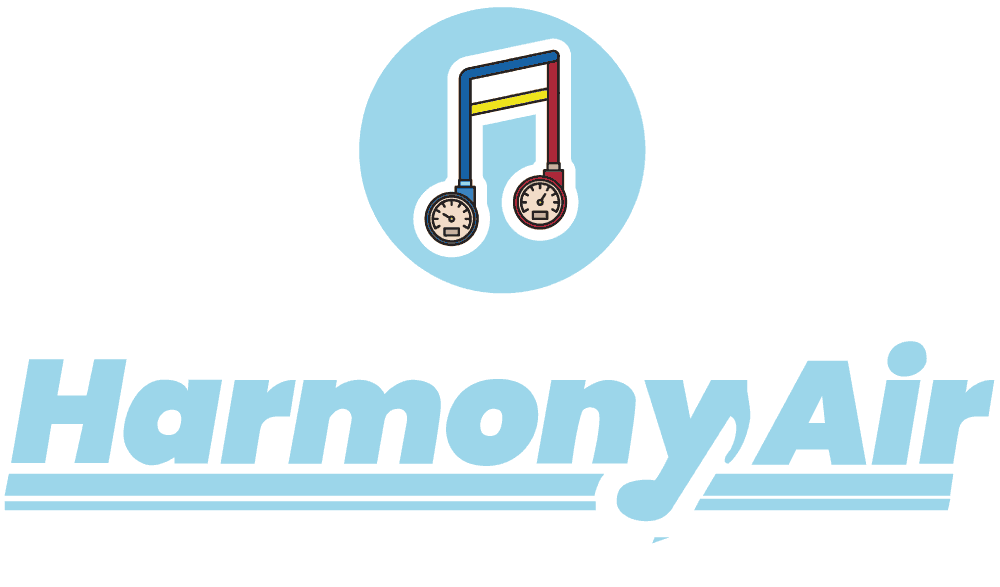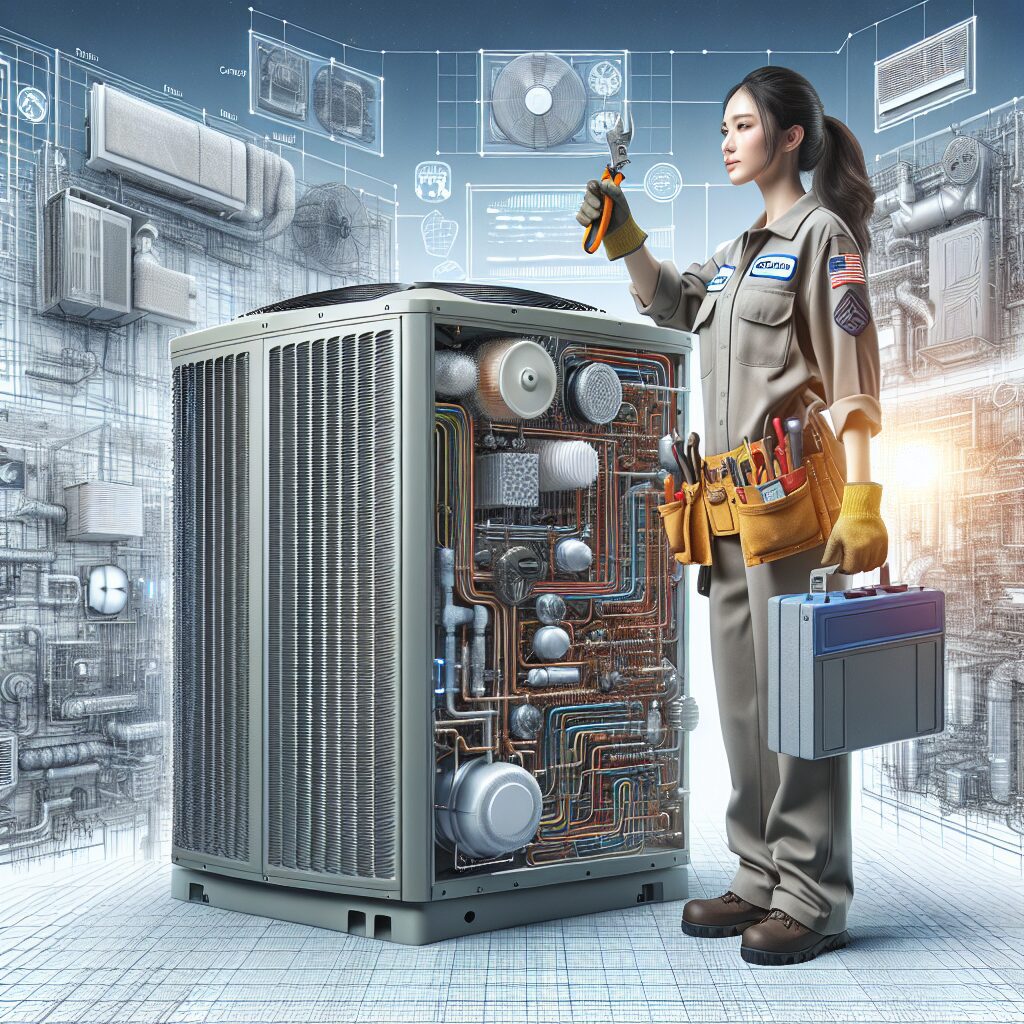When it comes to maintaining your HVAC system, it’s essential to understand the various factors that contribute to the HVAC maintenance cost. Whether you have a residential or commercial system, the cost of upkeep can vary significantly based on several elements.
Firstly, the type of system you have plays a crucial role. Central air conditioners, heat pumps, and furnaces each have unique maintenance requirements and costs. For instance, a central air conditioner typically involves routine tasks like cleaning or replacing filters, inspecting coils, and checking refrigerant levels, whereas a furnace might require more frequent inspections of the burner and heat exchanger.
Another significant factor is the age of your HVAC system. Older units often need more frequent repairs and part replacements, driving up maintenance costs. Investing in regular maintenance for an older system can, however, extend its lifespan and delay the need for a costly replacement.
Geographical location also influences the overall maintenance cost. In regions with extreme weather conditions, systems may need more frequent servicing to handle the additional strain. Similarly, local labor rates can vary, impacting the overall cost you might incur.
To mitigate these costs, consider signing up for a maintenance plan. These plans often include scheduled inspections and discounts on repairs, providing a cost-effective way to keep your system running efficiently. At Harmony Air, LLC, we offer comprehensive maintenance plans tailored to both residential and commercial needs. Call now (772) 773-6538 to learn more about our services and how we can help you save on your HVAC expenses.
Factors Influencing HVAC Maintenance Costs
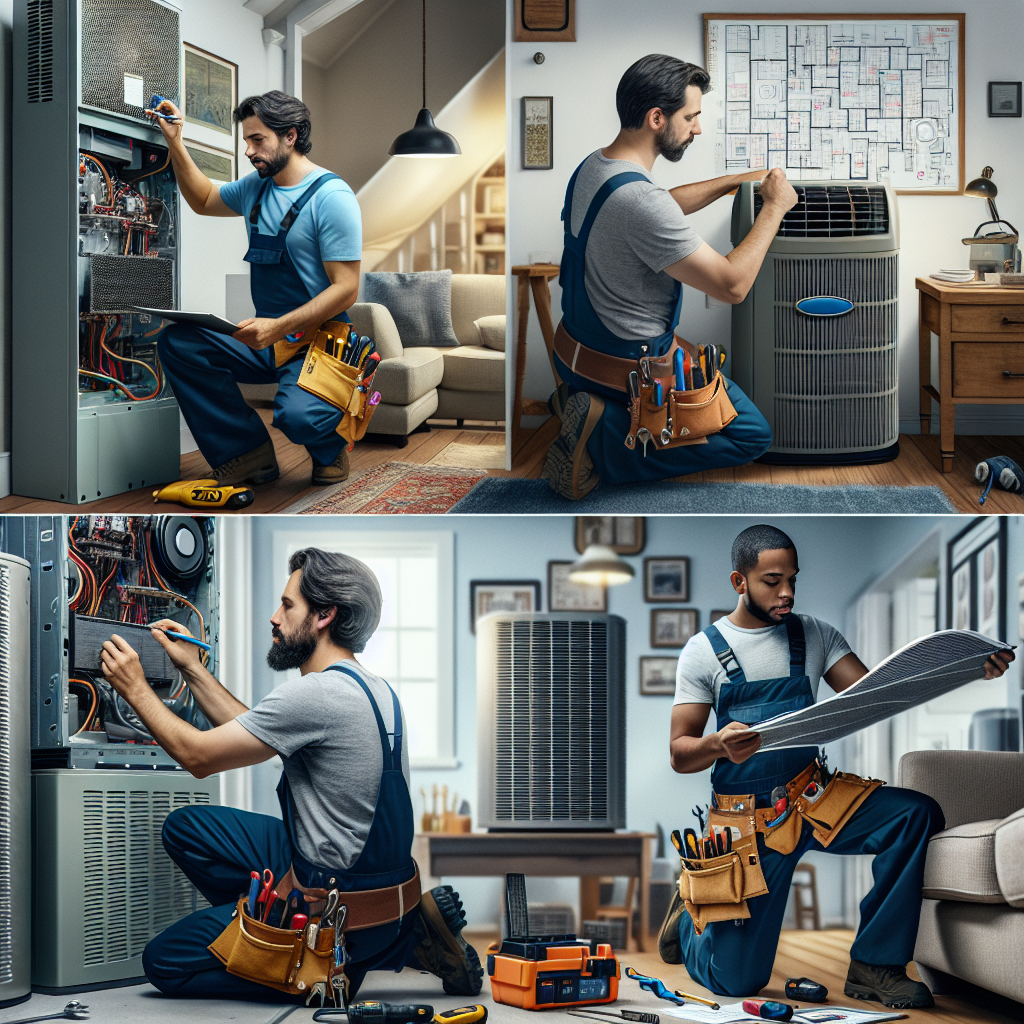
Several factors can significantly impact HVAC maintenance costs, and understanding these can help you budget effectively. The primary factors include system complexity, frequency of use, and environmental conditions.
System Complexity: More advanced HVAC systems with additional features like zoning capabilities or smart thermostats often incur higher maintenance costs. These systems require specialized knowledge and parts, which can increase both labor and material expenses.
Frequency of Use: How often you use your HVAC system also plays a role. Systems that run year-round, such as those in commercial settings or homes in regions with extreme climates, will naturally require more frequent maintenance. Higher usage can lead to faster wear and tear on components, necessitating more regular inspections and part replacements.
Environmental Conditions: The local climate and environmental conditions can also affect maintenance costs. For example, systems in coastal areas may suffer from corrosion due to salty air, while those in dusty or polluted areas may need more frequent filter changes and cleaning. Additionally, seasonal changes can stress the system differently, requiring varied maintenance tasks throughout the year.
By understanding these influencing factors, you can take proactive steps to minimize costs. Regular maintenance tailored to your specific system and environment can prevent minor issues from escalating into costly repairs, ultimately saving you money in the long run.
Importance of Regular HVAC Maintenance
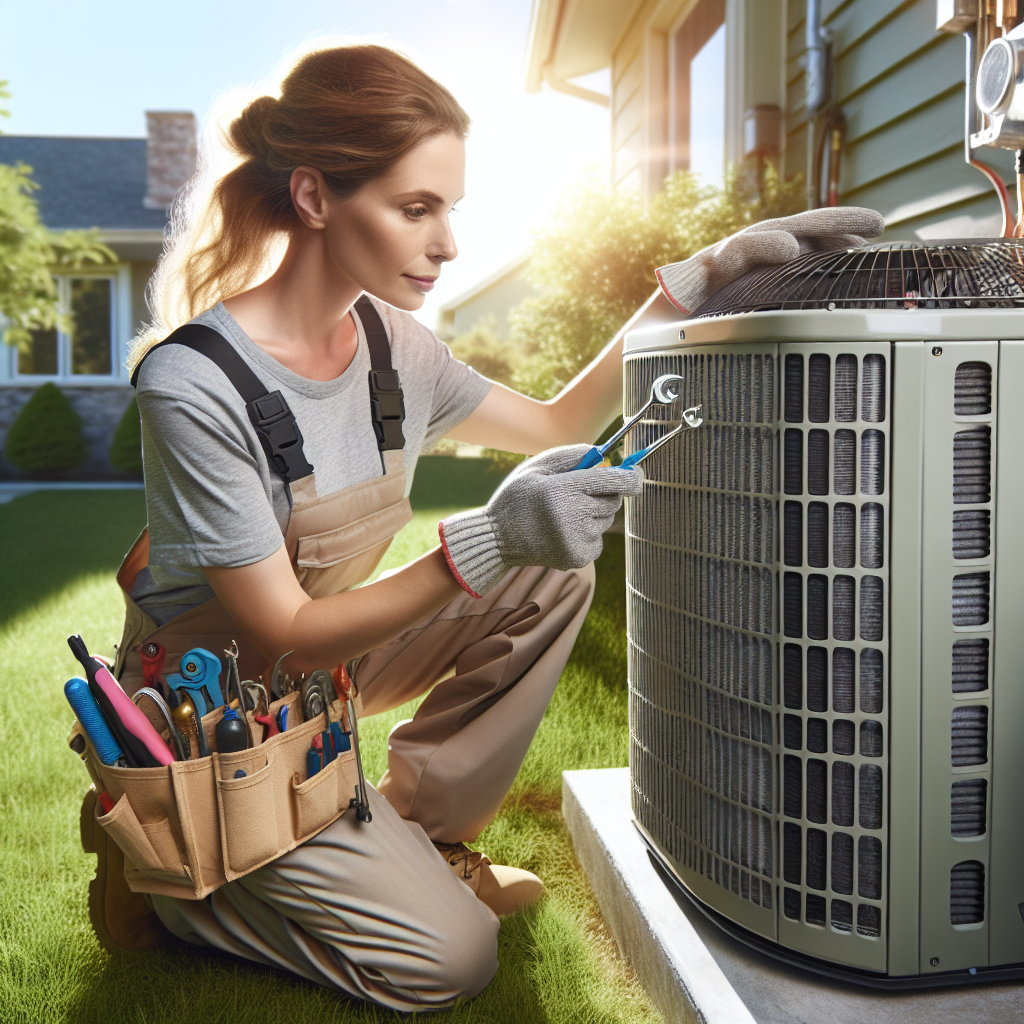
Regular HVAC maintenance is crucial for several compelling reasons. First and foremost, it ensures the longevity of your system. By regularly inspecting and servicing your HVAC unit, you can identify and address minor issues before they become major, costly repairs.
Energy Efficiency: A well-maintained HVAC system operates more efficiently, leading to lower energy bills. Dirty filters, clogged ducts, and worn-out components can force your system to work harder than necessary, consuming more energy. Regular maintenance helps keep your system in peak condition, ensuring it runs smoothly and efficiently.
Improved Air Quality: HVAC maintenance also contributes to better indoor air quality. Over time, dust, mold, and other contaminants can accumulate in your system, circulating throughout your home or business. Routine cleaning and filter replacements help to remove these pollutants, providing a healthier environment for occupants.
Consistent Comfort: Regular upkeep ensures that your HVAC system can consistently maintain the desired temperature and humidity levels. This reliability is especially important during extreme weather conditions when you need your system to perform at its best.
Cost Savings: While there is an upfront cost associated with regular maintenance, it is an investment that pays off. Preventative care helps avoid expensive emergency repairs and extends the lifespan of your equipment, resulting in long-term savings.
In summary, regular HVAC maintenance is not just a good practice; it is essential for ensuring energy efficiency, air quality, comfort, and cost-effectiveness. By scheduling routine check-ups, you can enjoy peace of mind knowing your system is in optimal working condition.
Cost-Saving Tips for HVAC Maintenance
Managing your HVAC maintenance cost doesn’t have to break the bank. Here are some practical tips to help you save money while ensuring your system remains in top shape:
- Schedule Regular Maintenance: One of the simplest ways to save money is by scheduling regular maintenance. Preventative care helps you avoid costly emergency repairs and extends the lifespan of your HVAC system. Most experts recommend bi-annual check-ups, ideally in the spring and fall.
- Change Filters Regularly: Dirty or clogged filters can force your HVAC system to work harder, consuming more energy and leading to higher bills. By replacing your filters every 1-3 months, you can maintain optimal efficiency and air quality.
- Seal Leaks and Insulate: Ensure that your home is well-insulated and that there are no leaks in your ductwork. Sealing leaks and adding insulation can significantly reduce energy loss, making your HVAC system more efficient and less costly to operate.
- Install a Programmable Thermostat: A programmable thermostat allows you to set your HVAC system to run less frequently when you’re not home or during off-peak hours. This can lead to substantial savings on your energy bills.
- Keep the Area Around Your HVAC Unit Clean: Debris and obstructions around your outdoor unit can impede airflow and reduce efficiency. Regularly clean the area around your unit and remove any leaves, dirt, or other debris that may accumulate.
- Utilize Energy-Efficient Equipment: If your HVAC system is old or inefficient, consider upgrading to a more energy-efficient model. While the initial investment may be higher, the long-term savings on energy bills can make it worthwhile.
By implementing these cost-saving tips, you can keep your HVAC maintenance expenses under control while ensuring your system operates efficiently and effectively.
DIY vs Professional HVAC Maintenance
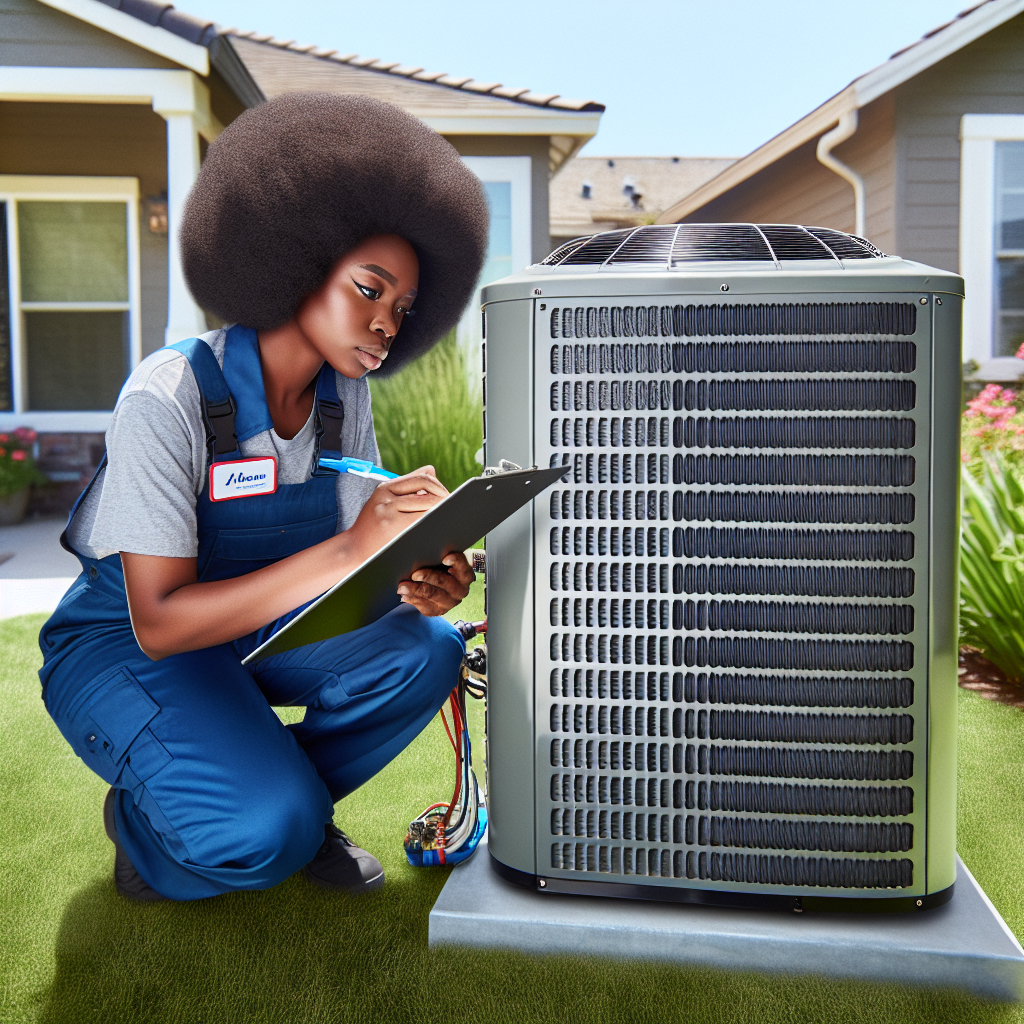
When it comes to managing your HVAC maintenance cost, deciding between DIY and professional maintenance can be challenging. Each approach has its advantages and drawbacks, so it’s crucial to weigh your options carefully.
DIY HVAC Maintenance:
- Cost-Effective: Handling basic maintenance tasks yourself, such as changing filters and cleaning vents, can save you money on labor costs. These tasks are relatively simple and require minimal tools.
- Immediate Action: DIY maintenance allows you to address minor issues immediately without waiting for a technician’s availability. This can prevent small problems from escalating into costly repairs.
- Learning Curve: While some tasks are straightforward, others may require a learning curve. Missteps can lead to improper maintenance, potentially causing more harm than good.
Professional HVAC Maintenance:
- Expertise and Experience: Professional HVAC technicians bring a wealth of knowledge and experience to the table. They can identify and fix issues that may not be apparent to the untrained eye.
- Comprehensive Service: Technicians perform thorough inspections and maintenance, ensuring that all components are in optimal condition. This can enhance the efficiency and lifespan of your system.
- Warranty Protection: Many HVAC manufacturers require professional maintenance to keep warranties valid. Skipping professional service may void your warranty, leading to higher costs if repairs are needed.
- Time-Saving: Hiring a professional saves you time and effort. Technicians can quickly and efficiently complete maintenance tasks, allowing you to focus on other responsibilities.
Ultimately, a balanced approach may be the most effective strategy. Handle simple tasks like filter changes and debris removal yourself, but schedule regular professional maintenance to ensure your system stays in peak condition. This combination can help you manage costs while maintaining a reliable and efficient HVAC system.
When to Consider HVAC Replacement
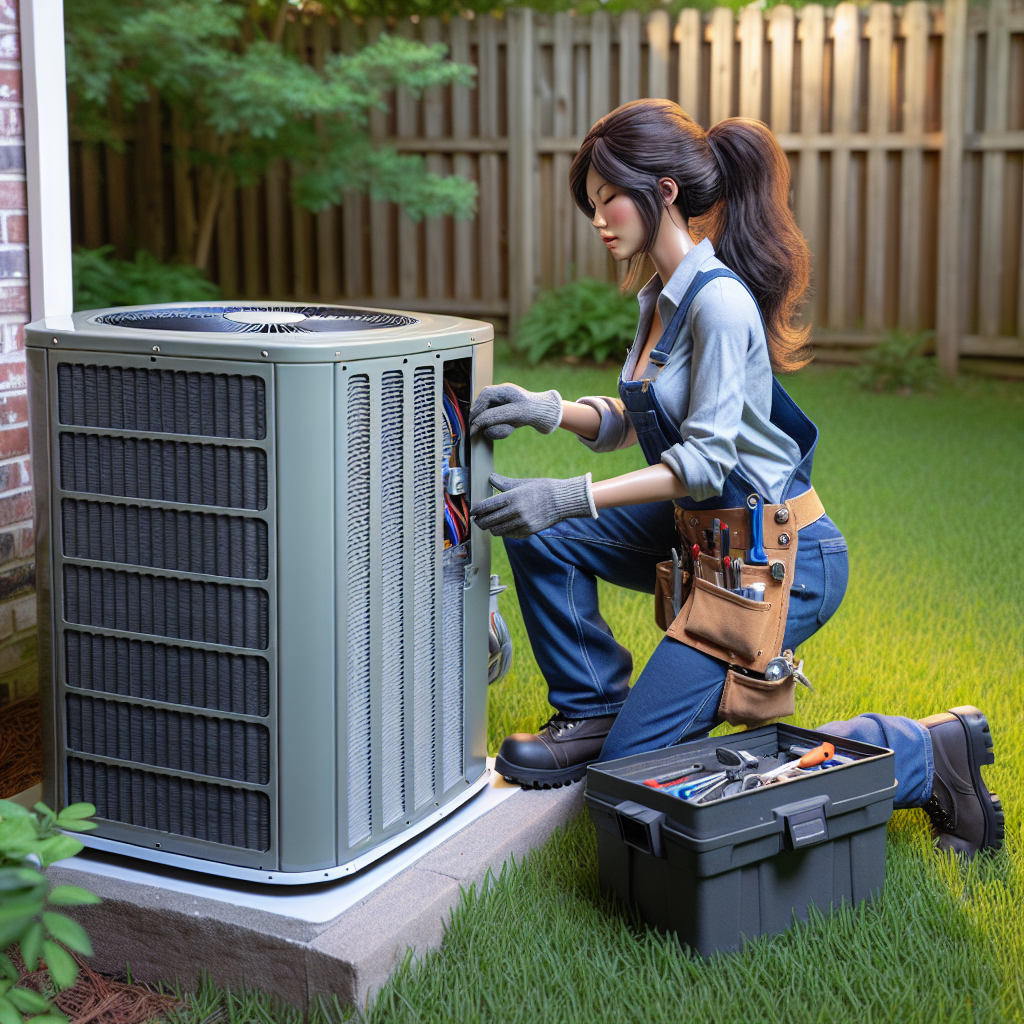
Knowing when to consider an HVAC replacement can significantly impact your HVAC maintenance cost and overall comfort. While regular maintenance can extend the life of your system, there are certain signs that indicate it might be time for a new unit.
- Frequent Repairs: If your HVAC system requires constant repairs, the costs can quickly add up. Frequent breakdowns are a clear sign that your system is nearing the end of its lifespan.
- Age of the Unit: Most HVAC systems have a lifespan of 10-15 years. If your unit is within or beyond this range, it may be more cost-effective to replace it rather than continue with costly repairs.
- High Energy Bills: Older systems tend to be less efficient, leading to higher energy bills. Upgrading to a newer, energy-efficient model can reduce your monthly utility costs and provide better performance.
- Inconsistent Temperature: If you’re experiencing uneven heating or cooling throughout your home or business, it could be a sign that your HVAC system is no longer functioning efficiently. A new system can provide more consistent and reliable comfort.
- Obsolete Technology: Advances in HVAC technology have made newer systems more efficient and environmentally friendly. If your existing unit lacks modern features like programmable thermostats or energy-efficient components, it might be time for an upgrade.
Replacing your HVAC system is a significant investment, but it can offer long-term savings and improved comfort. At Harmony Air, LLC, we specialize in helping you make informed decisions about your HVAC needs. Our experienced team can assess your current system and recommend the best options for replacement.
Ready to upgrade your HVAC system? Call now (772) 773-6538 or visit harmony-air.com to schedule a consultation with our experts.
